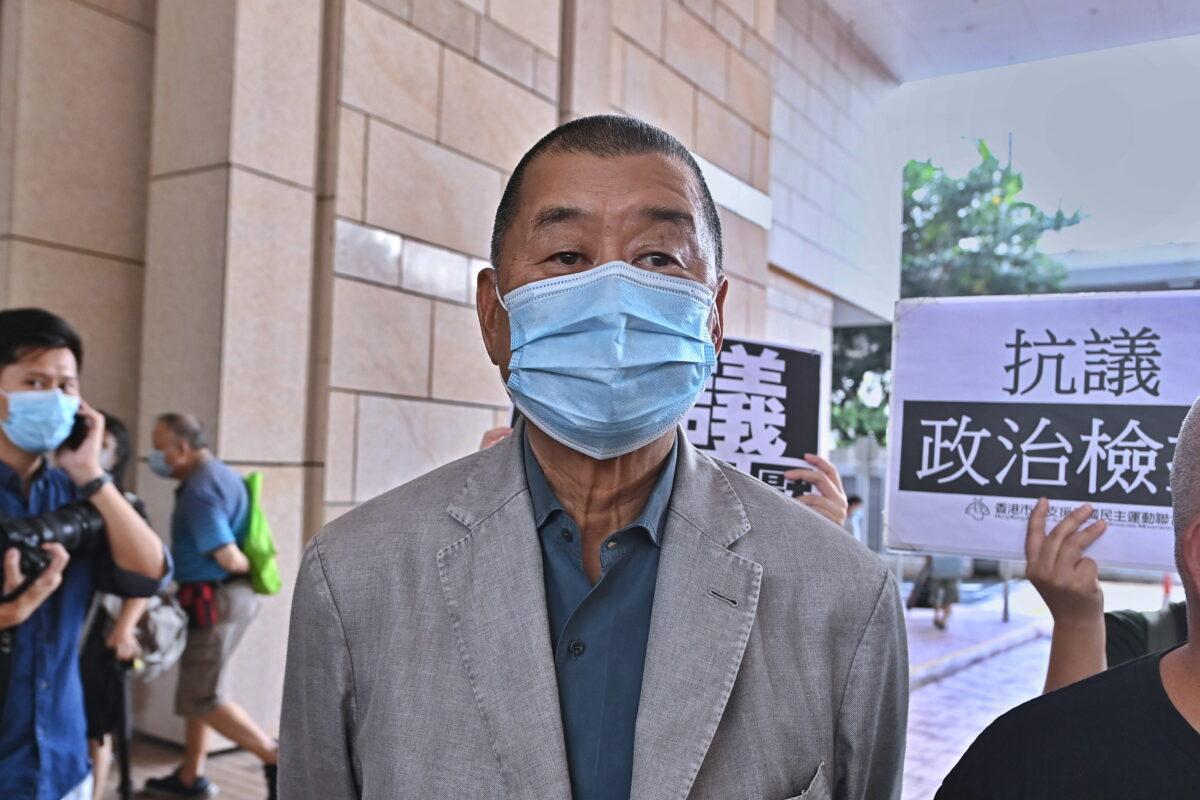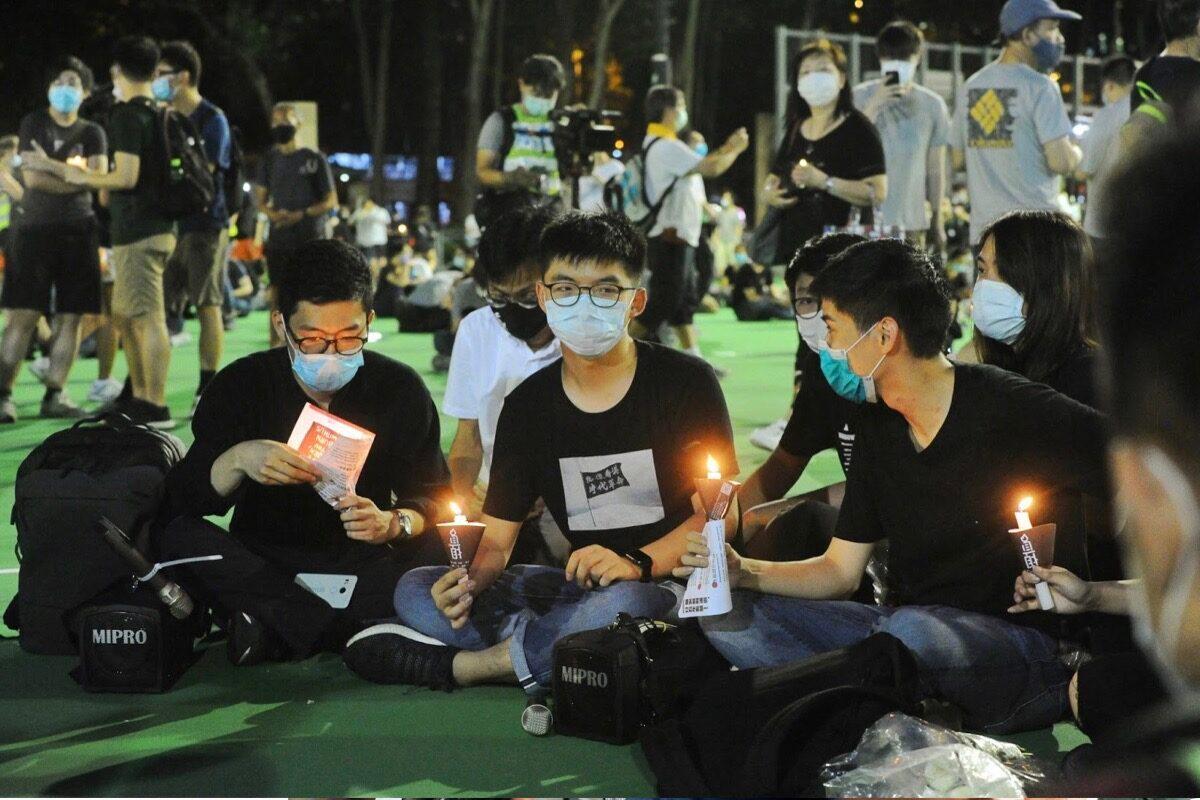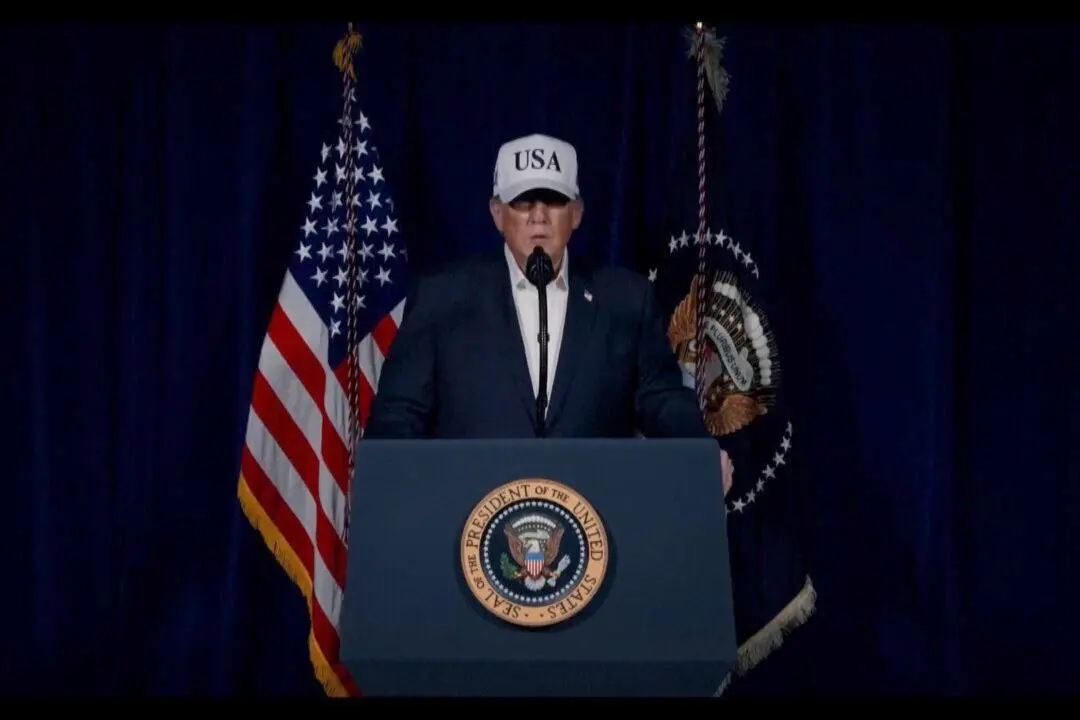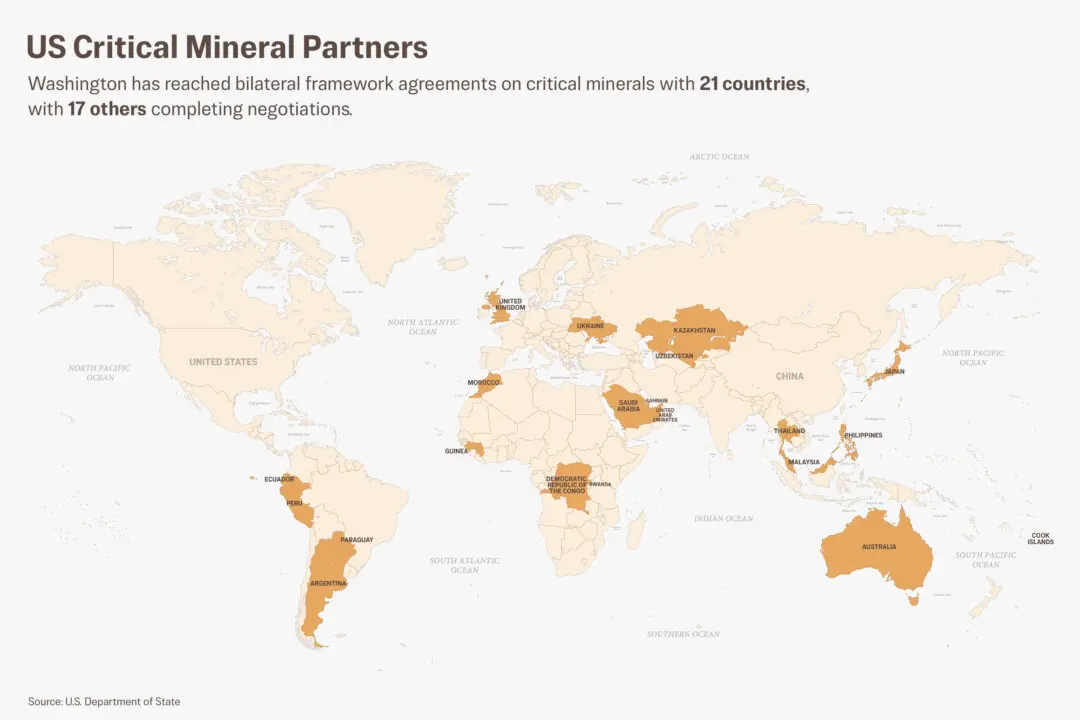On the 34th anniversary of the Tiananmen Square massacre, a U.S. congressional panel nominated Chinese democratic activists for the 2023 Nobel Peace Prize.
Thirty-four years ago, on June 3, 1989, Chinese Communist Party (CCP) leaders ordered the military to remove the student-led demonstrators who had occupied Tiananmen Square for nearly two months demanding democracy in China. By the early morning of June 4, tanks and troops had cleared the area. Hundreds of students, if not more, were killed.
The CCP has never acknowledged the killing. Instead, its propaganda told the Chinese population that students were used by “foreign anti-China forces,” and soldiers were killed in violent clashes.
With the nomination, the Congressional-Executive Commission on China (CECC), a bipartisan and bicameral panel, seeks to preserve the historical event and applaud the Chinese’s desire for freedom.
“We call on the Chinese authorities to give a full account of all those killed, detained, or gone missing in connection with the peaceful protests in Tiananmen Square and in over 400 other cities in China,” said CECC in a statement on June 2. “We must continue to remember the Tiananmen Massacre and never allow the Chinese Communist Party to erase it from the history books.”
This year, the Commission chairs nominated three individuals—all made their marks defying the CCP’s draconian COVID lockdowns—from a new generation that continues the pursuit of democracy.
On Oct. 13, 2022, nominee Peng Lifa, also known as the “bridge man,” hung banners on a bridge in Beijing to criticize the zero-COVID policies in China and CCP leader Xi Jinping. “Depose the Traitorous Dictator Xi Jinping,” wrote one banner.
The other banner wrote: “We don’t want nucleic acid testing, we want food to eat; we don’t want lockdowns, we want freedom; we don’t want lies, we want dignity; we don’t want Cultural Revolution, we want reform; we don’t want [dictatorial] leaders, we want elections; we don’t want to be slaves, we want to be citizens.”
Chinese authorities arrested Peng on the same day of his protest. His whereabouts have been unknown since.
The catalyst for the movement was a deadly fire in a high-rise apartment building in Urumqi city, the capital of China’s western Xinjiang region, on Nov. 24, 2022. Before that, the residents had been under a COVID lockdown for over three months. People blamed the pandemic controls around and inside the building for delaying fire response and causing deaths, which many believed was much higher than the official tally of 10.
“These heroes should be honored by the world for their courage, and the international community must demand their unconditional release,” wrote the CECC statement.

CECC members also nominated several Hongkongers for the 2023 Nobel Peace Prize. These nominees include Jimmy Lai, the Hong Kong media tycoon arrested in August 2020 for violating the Hong Kong national security law—a law with vaguely defined crimes often used to stamp out dissent—passed two months earlier, Cardinal Joseph Zen, an outspoken advocate for freedom in Hong Kong, and Joshua Wong, a Hong Kong democratic activist.





